I painstakingly contemplated whether or not to eat one more cashew. That morning, in my Wallace dorm room, I had already eaten two almonds, three cashews and four dried cranberries. I considered this breakfast.
During second semester of my sophomore year, I meticulously counted how much food I put into my body every hour, every day, every week. Meals were constant calculations of how little food I could consume to be satiated. I weighed the nutritional content of each forkful as it approached my mouth.
I cannot point to the instance when I began to spiral downhill. Coming back to Macalester for my spring semester, I decided to try out the Paleo diet that my aunt and uncle had touted the rewards of over winter break. I had always loved an excuse to eat more meat and felt I could ignore carbs and small sweets here and there. But little by little, I noticed how the pudge that rested below my belly button, the most prominent place of my body insecurity, was disappearing. My previously tight leggings and jeans were now baggy. Yet I did not think it was a problem. I was constantly tired and chilled, but I attributed that to staying up for homework and the winter weather.
My semester revolved around academics and balancing friendships. I did not know that my friends were becoming more and more concerned about my health. I still loved food. On the rare occasions I went out to eat, I finished every bite of whatever gluttonous thing I ordered. By the end of the semester, I had lost 18 percent of my body weight.
The contradiction remains perplexing — how I was able to gain so much joy from looking at, thinking about and consuming food, yet deprive myself so much of it. In hindsight, I recognize the obscene amount of my brainpower I dedicated to food. However, I also realize that it was not about the food at all. In a period of being stressed and overwhelmed with everything going on around me, the food I ate was something over which I had control. In fact, I felt it was the one part of my life over which I had power.
Today, two years later, I sometimes feel guilty after eating breads, pasta and other carbs as I look down at my pudge, which has reemerged. I still struggle with decisions of what to eat. Yet, I am thankful that food has no longer taken me hostage. I owe much of my recovery to my mother and the Body Positive organization who re-taught me how to eat. They taught me to be gentle with myself and not beat myself up over what I ate.
Last semester, Ross Boehme [’15] urged the Macalester Athletics Department to remove male heights and weights from public viewing because it was insensitive to body insecurities. The following week Judy Syrkin-Nikolau [’15] told her story of having an eating disorder. I admire their bravery in sharing their experiences and shedding light on a shrouded mental illness. As Judy described, eating disorders are an illness and need to be treated as such. Much of what Judy said resonated with me. It was only after reading her article that I felt like I was not alone on campus.
This week marks a poignant juxtaposition for me because it is both Minneapolis Restaurant Week and National Eating Disorders Awareness Week. My story still rests in the middle. I have always appreciated food and have been excited about what I am going to eat next. I never expected my relationship with food could become so tormented given my love for it.
The National Eating Disorders Association’s theme for this year is “I had no idea” and focuses on early interventions to catch the often overlooked signs of eating disorders. I still question whether or not I can say, “I had an eating disorder.” Frankly, it does not matter. I certainly did not have to drop out of college or seek medical care like some very dear people to me have had to do. What matters is that I was not putting enough food in my body and food was controlling too much of my life. I was not aware of my own detrimental eating habits. I am eternally grateful for my friends and family who reached out when “I had no idea.” It could have gotten a lot worse. I was lucky they stepped in when they did.
My wish is that my story and others can contribute to a greater awareness of the size and scope of the problem on our campus and within society as a whole. I hope that through these experiences, we can continue the dialogue on how we respond to eating disorders. The Macalester Athletics Department still has not taken down the heights and weights, which is inconsiderate to students who would not like their information public. It is our collective responsibility to look out for one another and be sensitive to what others might be going through. As a community, we need to foster an environment that is body-positive and create a place where food can remain the joy that it can be. The stakes are too high for it to be anything but that. People’s mental and physical health are at risk.











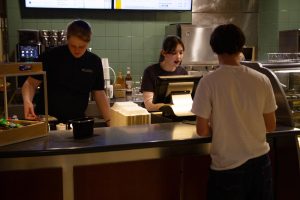
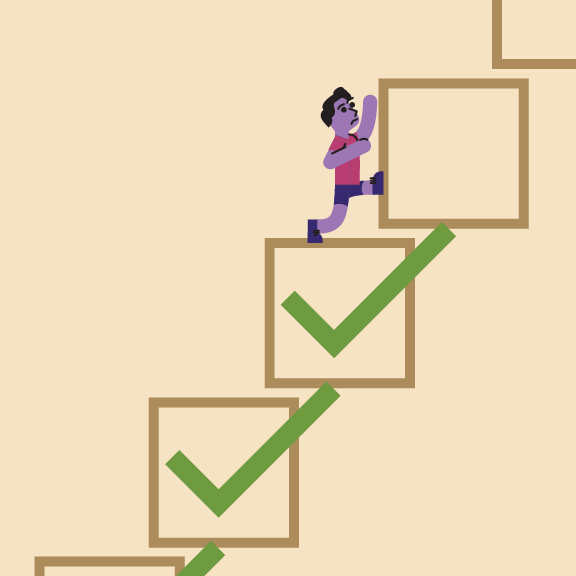
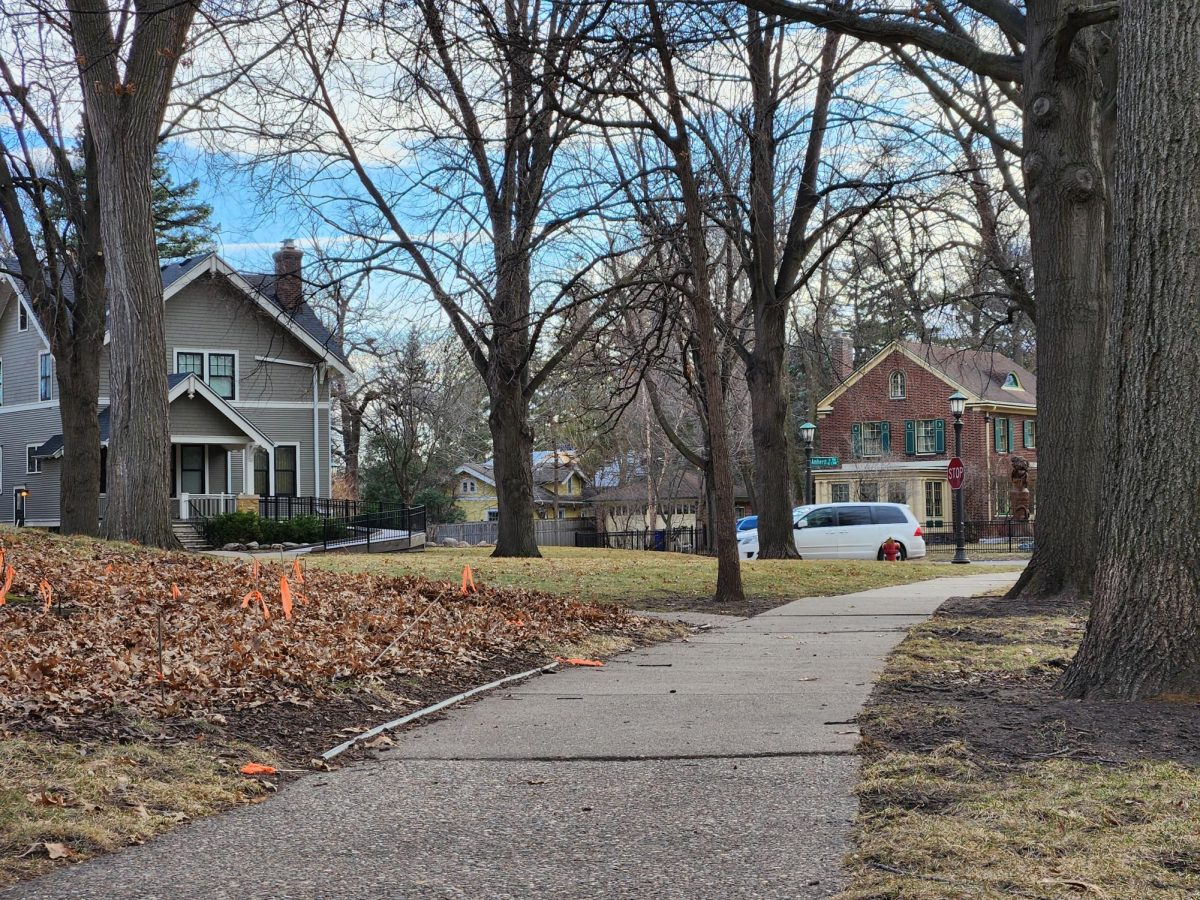
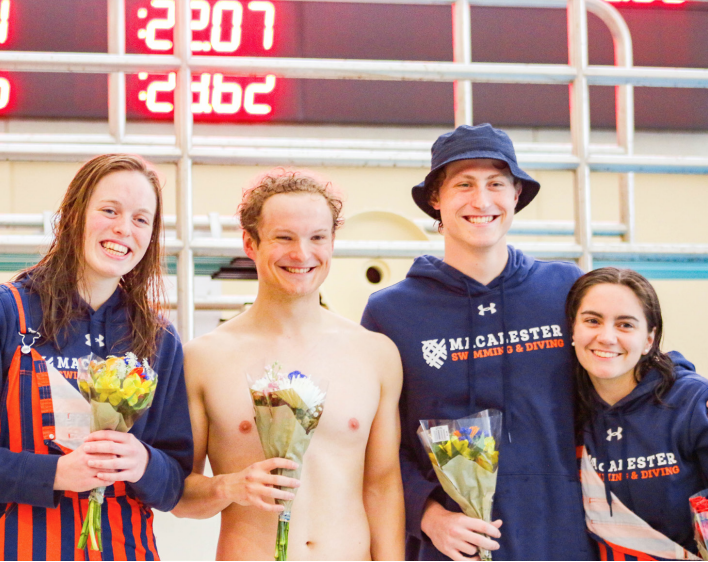
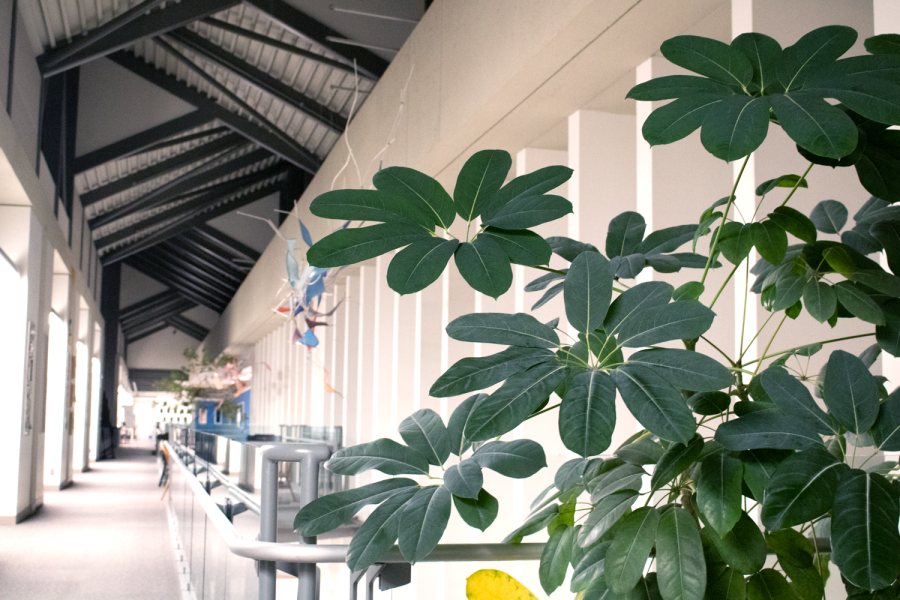

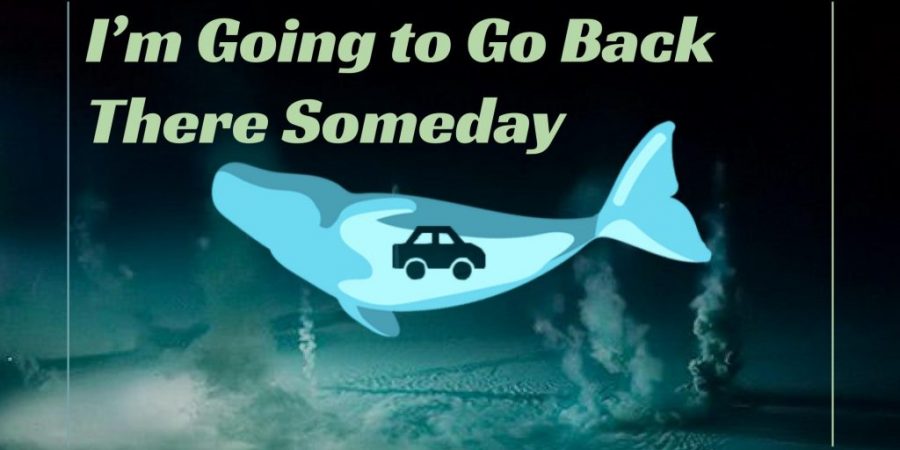
Lillian Welch • Sep 11, 2019 at 2:44 am
I also believe that mesothelioma cancer is a scarce form of cancer malignancy that is usually found in those people previously exposed to asbestos. Cancerous cells form in the mesothelium, which is a safety lining which covers many of the body’s bodily organs. These cells normally form in the lining from the lungs, abdominal area, or the sac that encircles one’s heart. Thanks for discussing your ideas.
Keith Thomson • Sep 6, 2019 at 7:34 pm
Today YouTube videos quality is more better and improved, thus thatís the motive that I am watching this video at at this time.